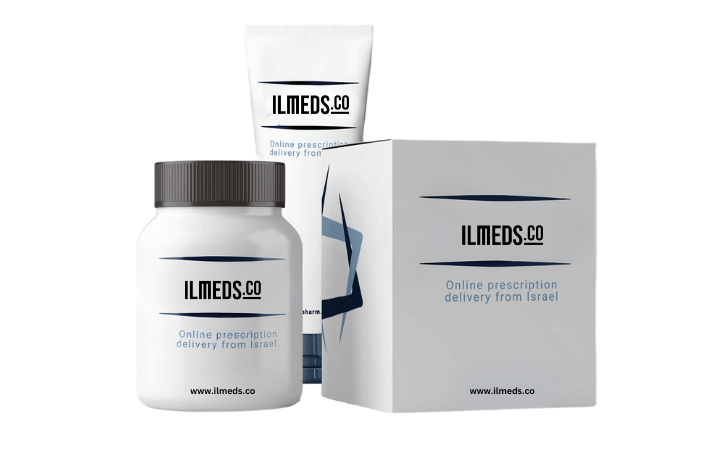Sprycel is a medicine intended for the treatment of adults:
•Newly diagnosed patients suffering from Philadelphia chromosome-positive chronic myeloid leukemia (CML), at the chronic phase.
•Patients with chronic myeloid leukemia (CML) at the chronic, accelerated or blast phase with resistance or intolerance to prior treatment, including prior treatment with imatinib mesilate.
•Patients with Philadelphia chromosome-positive acute lymphoblastic leukemia (ALL( and patients with lymphoid blast-phase chronic myeloid leukemia (CML) with resistance or intolerance to prior treatment.
Brand Manufacturer: Bristol Myers Squibb
Side Effects: Common side effects (effects that occur in up to 1 in 10 users): •Infections: pneumonia, herpes virus infection )including cytomegalovirus – CMV(, upper respiratory tract infection, serious infection of the blood or tissues (including uncommon cases with fatal outcomes) •Heart and lungs: palpitations, irregular heartbeat, congestive heart failure, weak heart muscle, high blood pressure, increased blood pressure in the lungs, cough •Digestive problems: appetite disturbances, taste disturbance, bloated or distended tummy )abdomen(, inflammation of the colon, constipation, heartburn, mouth ulceration, weight increase, weight decrease, gastritis •Skin, hair, eye, general: skin tingling, itching, dry skin, acne, inflammation of the skin, persistent noise in ears, hair loss, excessive perspiration, visual disorder (including blurred vision and disturbed vision(, dry eye, bruise, depression, insomnia, flushing, dizziness, contusion )bruising(, anorexia, somnolence, generalized oedema •Pain: pain in joints, muscular weakness, chest pain, pain around hands and feet, chills, stiffness in muscles and joints, muscle spasm •Tests may show: fluid around the heart, fluid in the lungs, arrhythmia, febrile neutropenia, gastrointestinal bleeding, high uric acid levels in theblood
Indication: Sprycel is a medicine intended for the treatment of adults: •Newly diagnosed patients suffering from Philadelphia chromosome-positive chronic myeloid leukemia (CML), at the chronic phase. •Patients with chronic myeloid leukemia (CML) at the chronic, accelerated or blast phase with resistance or intolerance to prior treatment, including prior treatment with imatinib mesilate. •Patients with Philadelphia chromosome-positive acute lymphoblastic leukemia (ALL( and patients with lymphoid blast-phase chronic myeloid leukemia (CML) with resistance or intolerance to prior treatment.
Reviews
Write a review
The product has no reviews
Leave your review

